Five ways to reform the immigration detention system
End indefinite detention and make detention decisions independent from the Home Office, say MPs and Lords on the Joint Committee on Human Rights
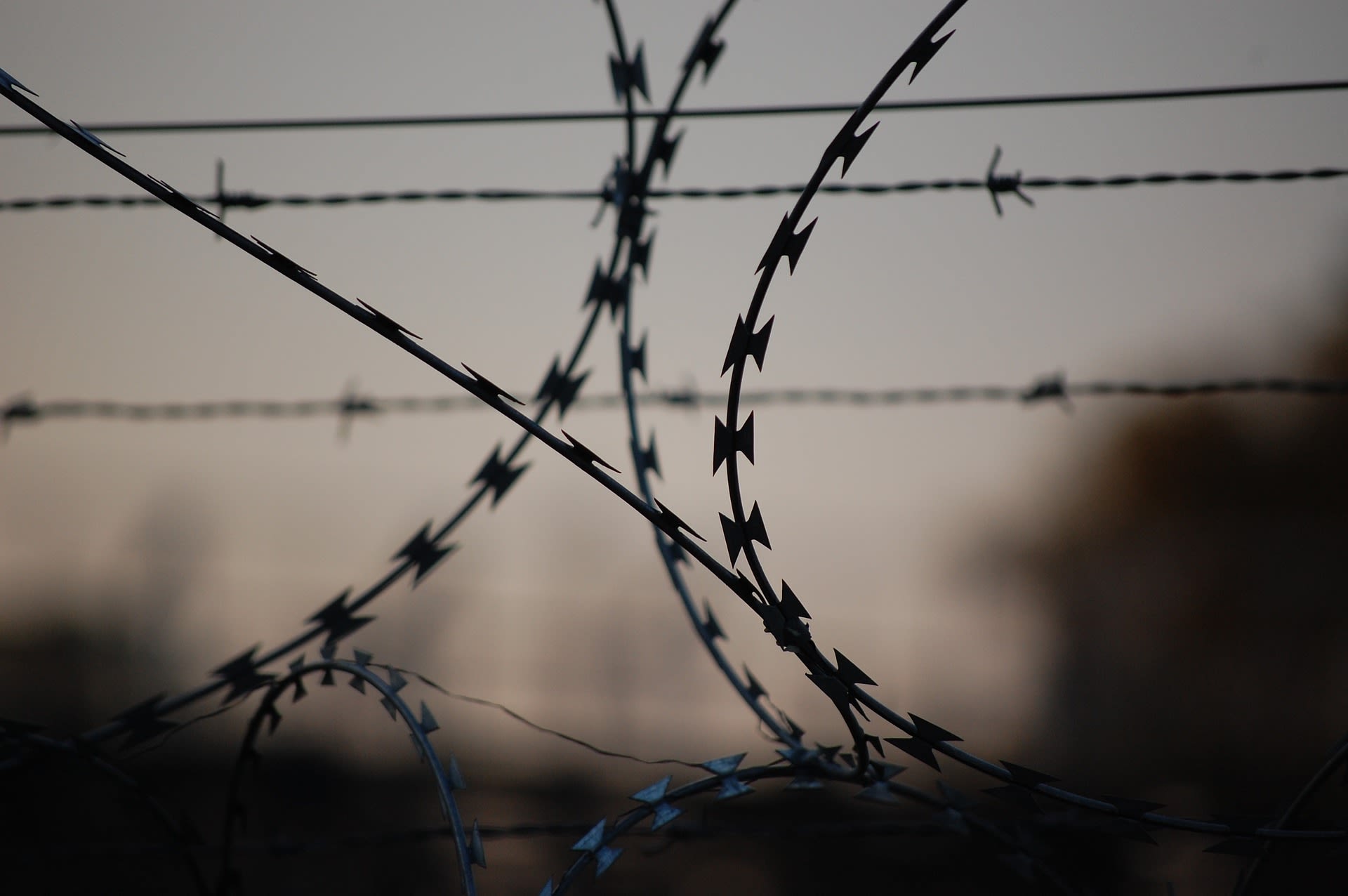
Deprivation of liberty is a serious interference with an individual’s human rights.
While there are strict safeguards to ensure independent decision making and fair processes for detention in the criminal justice system, there are far fewer protections for people caught up in the immigration system.
The current immigration detention system is slow, unfair and expensive to run.
As our previous inquiry into Windrush detainees showed, some of those detained have a right to be in the country.
Millions of pounds in compensation is paid to those who have been wrongly detained. Conditions in some detention centres are below acceptable standards.
The UK needs an immigration detention system which is fair, humane, decent and quick.
We, the Joint Committee on Human Rights (JCHR), made up of MPs and Peers and chaired by Harriet Harman MP, have made 5 proposals to Government to reform the immigration detention system.
These are our five key recommendations.
1. The decision to detain should not be made by the Home Office but should be made independently.
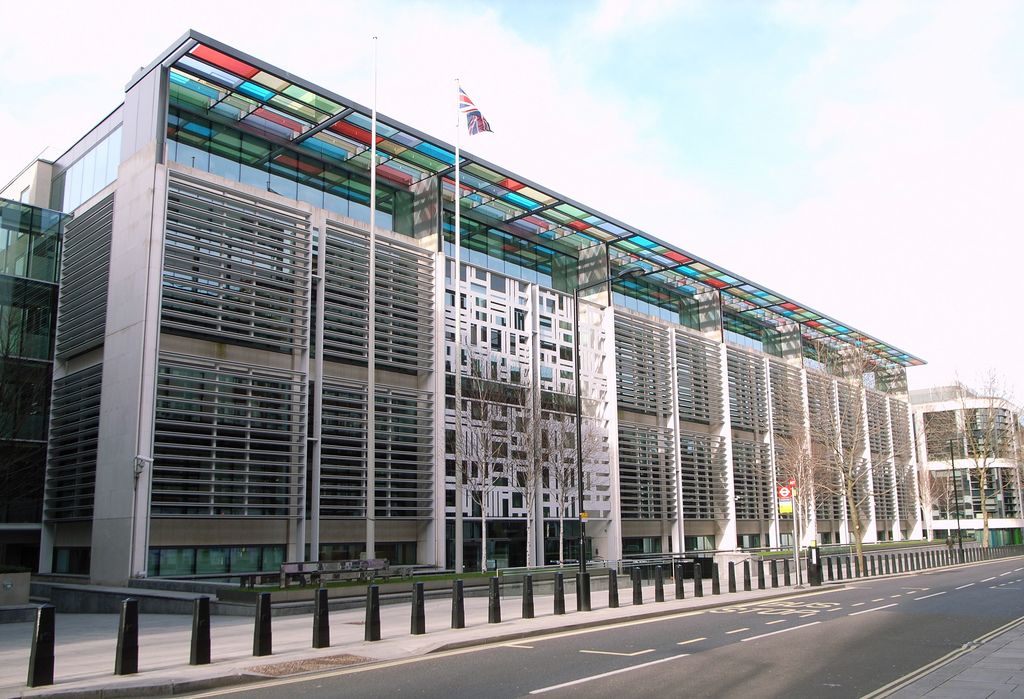
We believe this is such an important power that it cannot be held by the Department which is charged with deportations and removals. In cases where the Home Office plan to detain a person (45% of cases) they should ask an independent body for authority to make a detention order.
The lack of rigour in detention decisions is evidenced by the series of mistakes accepted by the Home Office in detention cases involving Commonwealth members of the Windrush generation, and the amount spent on compensation for wrongful detentions.
Immigration detainees should not have fewer safeguards than those applicable in the criminal justice system, whether detentions are planned or unplanned.
The decision on whether to continue detention should be made by a judge and should be made promptly. However, immigration detainees need sufficient time to get advice and gather evidence before such a hearing. A period of 36 hours may be too short for this, so the Committee recommend that a judicial decision to detain should be required for any detention beyond 72 hours.
2. Introduce a 28 day time limit to end the trauma of indefinite detention.
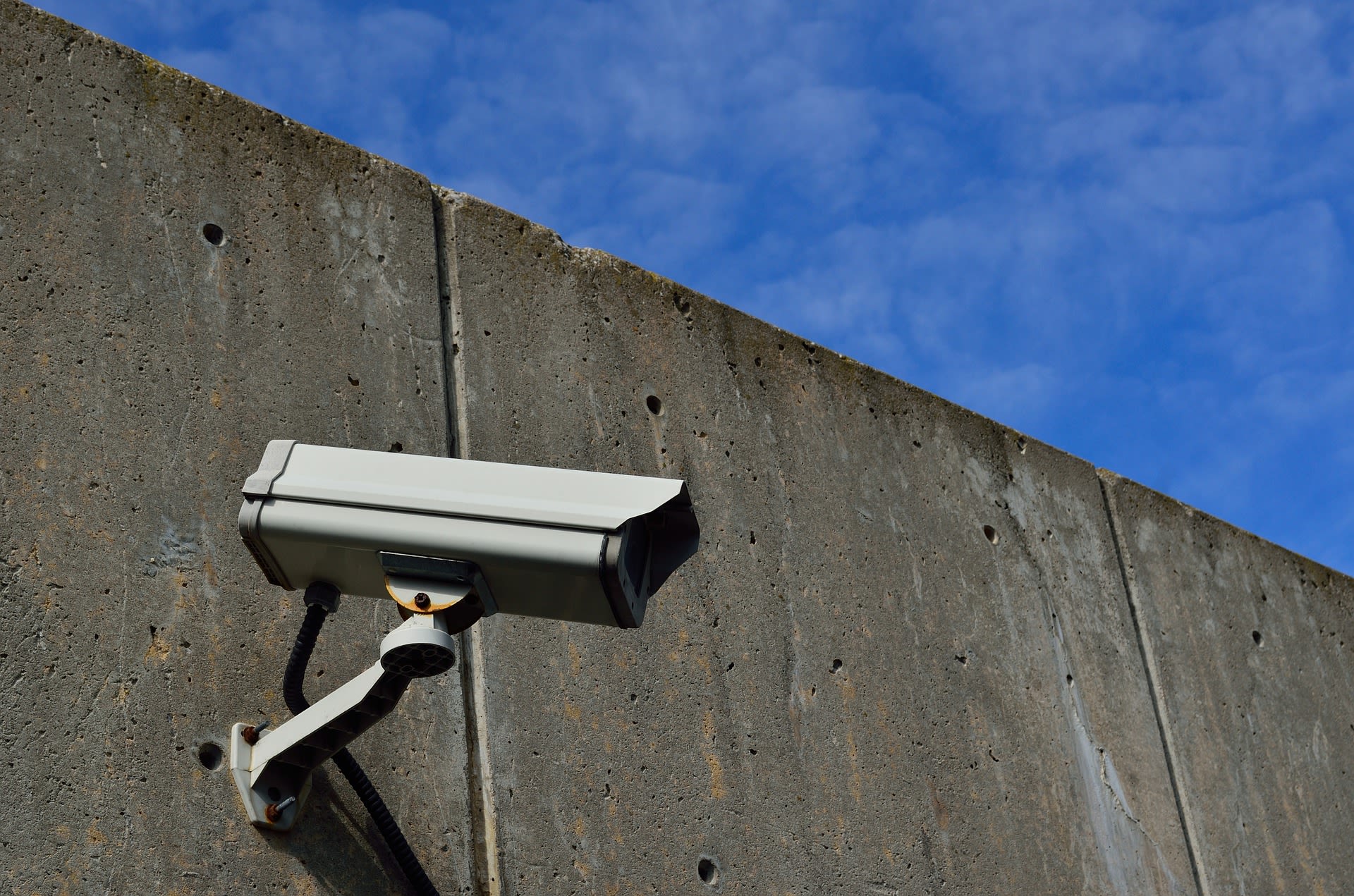
During our inquiry we heard from former detainees who told us about the trauma they experienced when facing indefinite detention.
The UK is the only country in Europe that does not impose time limits on immigration detention.
We recommend that in exceptional circumstances such as when the detainee seeks unreasonably to frustrate the removal process and has caused the delay, the Home Office should be able to apply to a judge who would decide whether a further period of detention of no more than an additional 28 days should be authorised.
3. Detainees should have better and more consistent access to legal aid to challenge their detention.
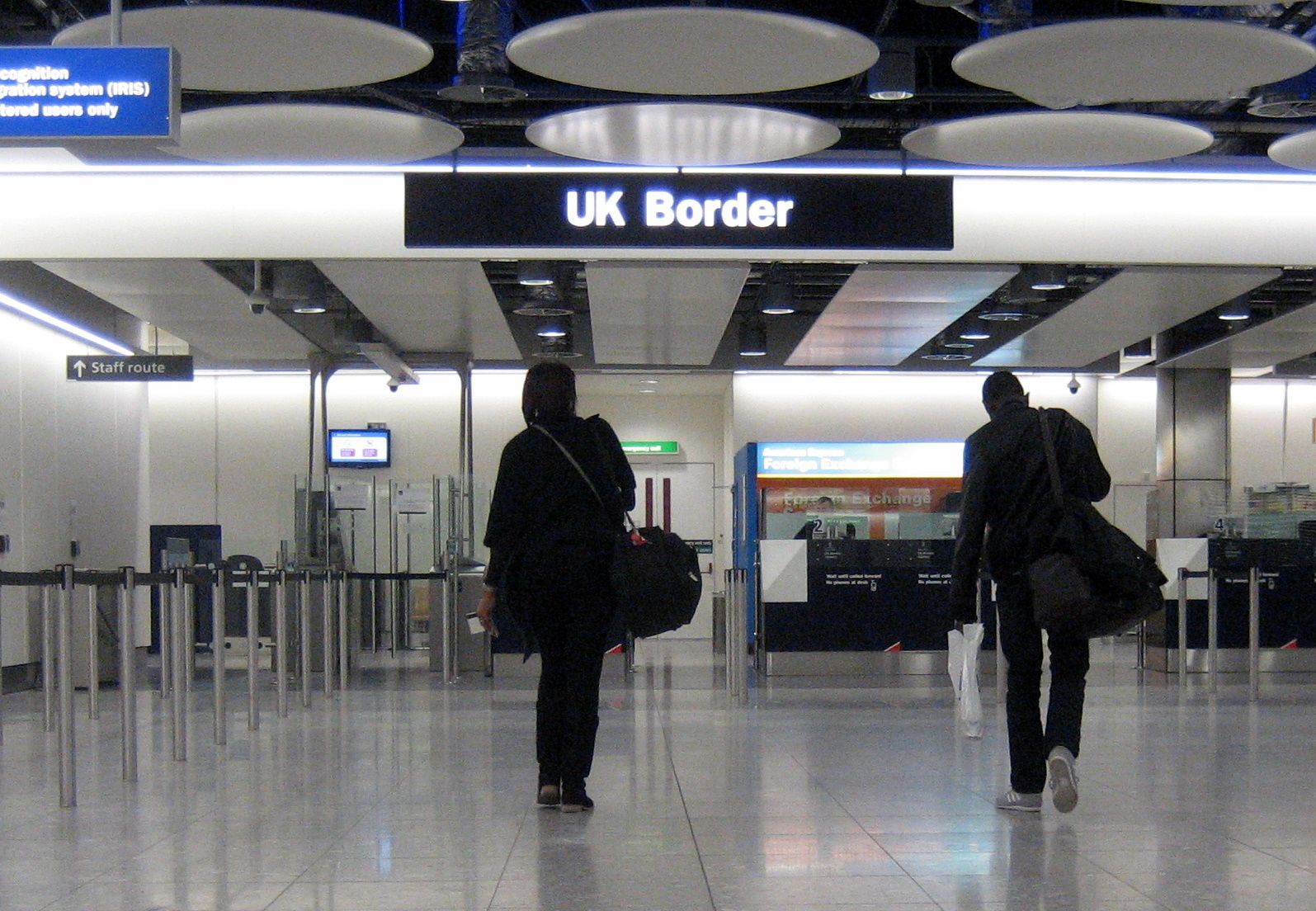
Foreign nationals liable to deportation at the end of their sentences are among those who face the longest period in detention.
The Home Office should make it a priority to resolve their immigration status as quickly as possible and ensure that they have the access to legal advice needed to engage with the legal process appropriately so that they can either be released or removed at the end of their sentences, rather than having such challenges delayed until they are in detention.
The complexity of immigration law means there is now such a complex web of law and regulation that it is impossible for all except the most expert people to understand. People cannot enforce their rights if they cannot understand them, and it is also expensive to run a complex system.
Reinstatement of legal aid for immigration cases should be considered.
4. More needs to be done to identify vulnerable individuals and treat them appropriately.
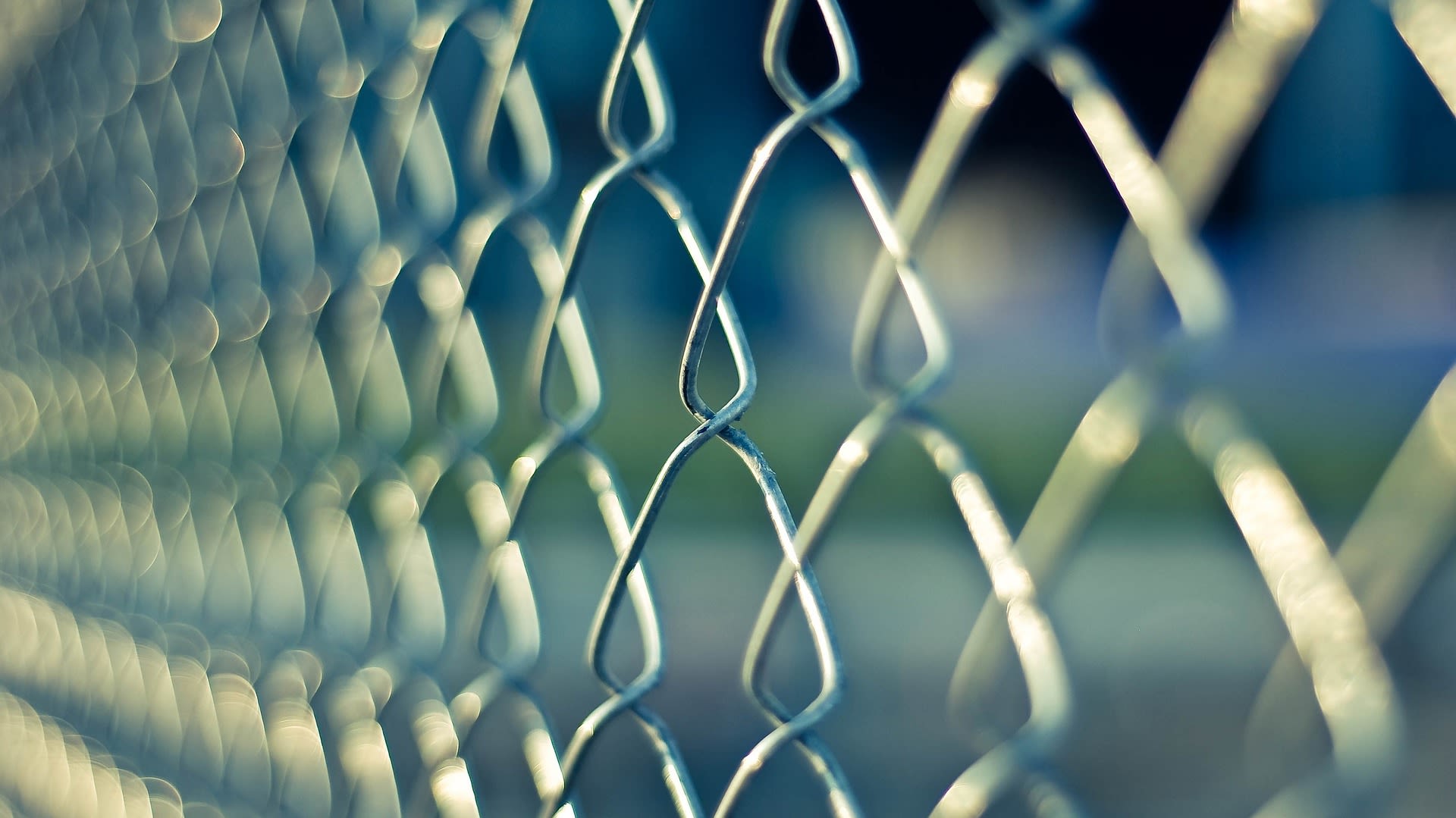
We believe the Adults at Risk (AAR) policy does not give adequate protection to individuals at risk of harm in detention.
Both the AAR policy and other Home Office policies are silent on how to respond to the needs of those that lack mental capacity, which puts them at a clear disadvantage.
5. The Home Office should improve the oversight and assurance mechanism in the immigration detention estate to ensure that any ill-treatment or abuse is found out immediately and action is taken.

We were concerned that reports of staff abuse and deterioration of Immigration Removal Centre (IRC) conditions were brought to light by undercover reporting rather than the Home Office’s oversight processes.
The regime should be as open as possible on the inside, and consideration should be given to separating individuals who have been convicted of serious offences and those who pose a risk of violence from other detainees.
We are giving these recommendations to the Government as the Joint Committee on Human Rights, formed of MPs and Lords from different political parties.
The Government has two months to respond to our report. To read more depth and detail about our recommendations, read our report on Immigration detention or see more on our website.
If you're interested in the work of our committee, find out more about our other inquiries.